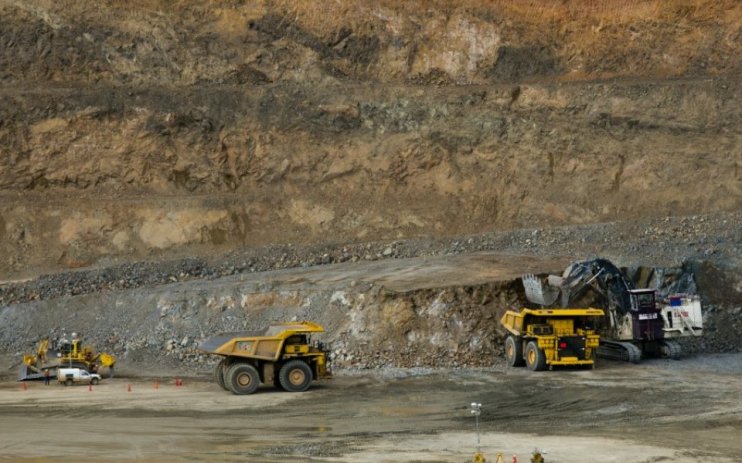Anglo American gets crucial permit to boost mining dam in Brazil

One of Anglo American’s largest mines will remain open after the commodities giant won a crucial permit to continue adding waste to a facility in Brazil.
The blue-chip company has had to endure a delay of several months to obtain the license for the “tailings” dam at Minas-Rio in Minas Gerais state, having increased the height of the structure.
Read more: Copper production slips at Anglo American amid Chilean drought
The Times reported that although the development work had finished in August, the lack of a permit meant that Anglo American could not use the facility.
The collapse of the Brumadinho dam in January, in which 272 people died after a mudflow swallowed the village below the dam, further delayed the paperwork.
Vale, who operate the dam, were involved in another catastrophic failure at nearby Samarco in 2015, in which 19 people were killed.
The new permit will allow Anglo American to boost the site to its full capacity of 26.5m tonnes a year, the mining company said on Monday.
J.P. Morgan Cazenove said news of the license removed “a key tail risk for Anglo’s equity story in 2020” and the investment bank reiterated its recommendation to remain “overweight” in Anglo American shares.
If it had not obtained the license the work at the site would have had to close next year.
The new permit means the firm can store tailings up to a height of 49 metres, from 40 metres previously, and will allow it to continue operating for another two years.
Seamus French, head of bulk commodities at Anglo American, told the Times: “This is an important milestone for our Minas-Rio iron ore operation in Brazil towards reaching its full potential.
Read more: Anglo American kicks off $1bn share buyback as earnings jump
“Minas-Rio has a long asset life of 48 years and produces a high grade, premium quality product for our customers, supporting lower emissions in the steel industry.”
Anglo’s share price rose 0.5 per cent on Tuesday for the second day in a row, and has gained more than 20 per cent this year.